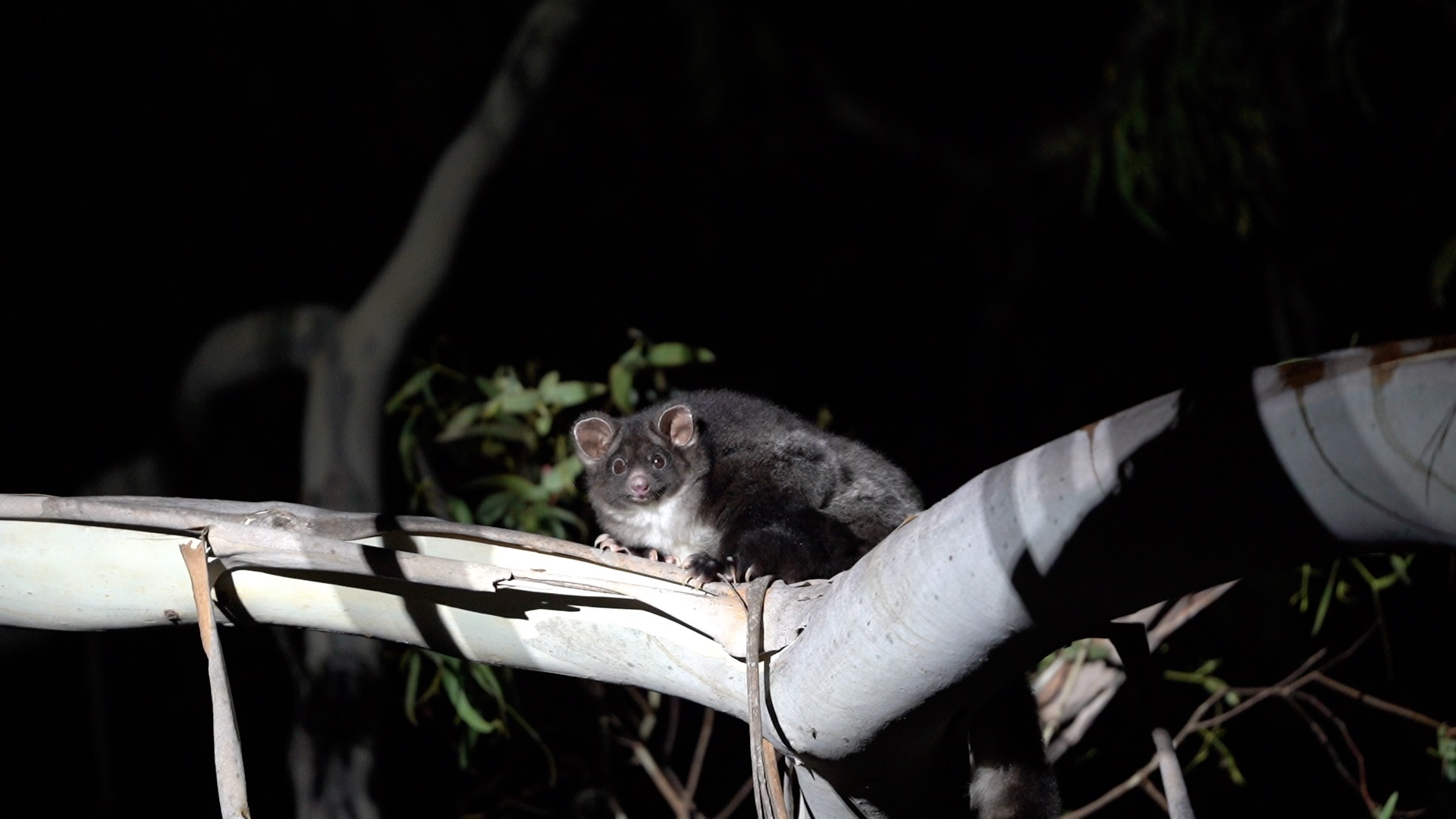Find out more about our work on federal environment reforms, the recent victory in protecting whale sharks, an update on our partner projects and lots more.
Australia will have a nationwide approach to stop illegal live shark finning from today when Western Australia will become the final state to make sure sharks are delivered to port with fins intact.
WA’s new ‘fins on’ law – or Fins Naturally Attached (FNA) as it’s technically known – comes into effect today, bringing the state in line with international and national best practice. This law follows conditions placed on the fishery by the Australian Government Wildlife Trade Office to implement FNA as means of improving the fishery’s environmental performance. FNA means that sharks must be brought back to port with the fins attached to the shark’s body, which greatly reduces illegal targeting, dumping of unwanted sharks at sea, and prevents live shark finning.
The FNA policy will also help reduce the take of endangered sharks, such as scalloped hammerhead, which can still be legally fished. It is extremely difficult to identify the species of shark from their separated fins or fileted meat, so ensuring sharks are brought to port with fins attached will ensure we can identify which sharks are being caught, how many, and if they are endangered.
Live shark finning is a barbaric practice that involves slicing fins from living sharks, and dumping their bodies overboard leading to a painful death from blood loss, predation or suffocation.
AMCS shark scientist Dr Leonardo Guida said: “Live finning is technically banned in Australia, and Western Australia was the last jurisdiction in the country to retain a legal loophole that meant illegal live finning at sea could still occur because fishers were not required to bring the entire shark back to port in one piece.
“We commend WA Fisheries Minister Don Punch and the WA Fishing Industry Council for supporting the Fins Naturally Attached legislation. Returning sharks to port with their fins on is a practical measure to prevent live finning by the few fishers giving the rest a bad name, and it significantly improves our understanding of the types and numbers of sharks being caught.”
HSI marine biologist Lawrence Chlebeck said: “Sharks get a bad rap, but they’re critical to the health of the oceans and keeping the food chain balanced. Without sharks, the food chain can become unstable and possibly collapse.
“Sharks are one of the most endangered groups of animals in the sea and the global community is keenly aware of the negative impact of the shark fin trade. With the WA Government’s new ‘fins on’ law, Australia has taken a positive forward step in global shark conservation efforts.”
Dr Guida said: “The ‘fins on’ rule is a significant first step, however the WA shark fishery lacks independent monitoring, making the true scale of the fishing’s impact on protected and endangered species still difficult to measure. Fortunately this year, the WA Government and WA Fishing Industry Council are commencing independent monitoring trials with cameras on boats, but it’s crucial that it is formally implemented by 2024.”
AMCS and HSI are asking Australians to ‘Give Flake A Break’ to support reforms in Australian fisheries that protect and help endangered shark and ray populations recover.


